Candidates wanting to pursue the Doctor of Philosophy or PhD in Economics Canadian universities offer must follow a certain procedure and process in order to be accepted into the specific Canadian university or college. A successful postgraduate degree in Economics or a related discipline is required. A PhD in Economics allows you to specialise in one of the department’s various fields of study. In topics such as applied econometrics, labour economics, monetary economics, financial economics, and game theory, you will work with renowned researchers who will mentor you.

Excel in IELTS with India’s Top Online Coaching
Leap has helped more than 1 Lakh students achieve 7+ IELTS band.
Scope of PhD Economics from Canada
Getting a phD in Economics from a Canadian university can open many opportunities for you. On successful completion of your course, you will have a variety of options, ranging from teaching to conducting research with industrial giants. With your PGWP (post-graduation work permit) you can also stay in Canada for up to three years and gain significant experience working in Canada.
This knowledge and expertise can be utilised to seek permanent residency in Canada. Obtaining a PhD degree from Canada and working in the industry will boost your application’s PR points and increase your potential to receive permanent residentship.
Best Doctorate Degrees & Top Universities for PhD Economics Canada
McGill University, Montreal, Quebec: PhD Program in Economics
Requirements: Only MA in Economics program holders are eligible for the PhD programme at McGill University. Moreover, students who complete the McGill MA do not automatically qualify for entrance to the PhD programme; students interested in pursuing a master’s degree at McGill must submit a formal appeal to the Graduate Admissions Committee.
PhD Comprehensive Examination are the required courses for new PhD students. Candidates accepted into the “PhD 2” year must meet four criteria: Coursework, the PhD Written Comprehensive Examination, the dissertation, and oral defence. Students having a strong academic record but no MA in Economics may be considered for admission to the “PhD 1” year. Before moving to PhD 2, they must finish the academic tasks for the MA Non-Thesis option.
Course Work: Over the course of two years, PhD 2 students will be expected to take up to 12 graduate-level courses. The immediate goals of the PhD curriculum are to prepare students to pass comprehensive exams, assist them in selecting a thesis topic, and provide them with the required abilities to conduct research for their thesis.
Fee Structure: $16,000 (Tuition Fee) + $1500 (Student Service Fee) + *$1,300 (Health Coverage) = $18,800-$19,000
Note: You may or may not opt for health coverage
The University of British Columbia, Vancouver: Doctor of Philosophy in Economics (PhD)
Requirements: The Faculty of Graduate and Postdoctoral Studies sets the minimum admission requirements for all applicants, which is normally a B+ overall average (76 per cent at UBC). There may be additional criteria for the graduate programme to which you are applying.
Applicants from universities outside of Canada must submit the results of an English language competency exam as part of their application. At the time of application submission, all tests must have been taken within the previous 24 months. These include TOEFL (93) and IELTS (6.5).
Documents Needed:
| Transcripts from all previous post-secondary studies are to be submitted by all applicants. |
| To apply to graduate programmes at UBC, you must have a minimum of three references. Individuals willing to submit a report on your academic ability and qualifications should be asked for references. |
| A declaration of interest, often known as a statement of purpose, description of research interests, or something similar, is required by many programmes. |
Fee Structure: $168.25 (Application Fee) + $9,131.31 (Tuition Fee per year) + $17,000 (Starting Cost of Living) = $26,299.5
The University of Waterloo, Ontario: PhD (Applied Economics) – Public Economic Policy
Requirements:
| Master of Arts (MA program) Economics degree with a minimum of 80% and a first-class average and a one-page academic interest statement. |
| A GRE score is not necessary for international students applying to the programme; however, it is generally advised. |
| Academic transcripts, including curriculum vitae (CV), resume, statement of interest, and research papers, are all acceptable references. |
| Proof of English language proficiency — IELTS (7.0: writing 6.5, speaking 6.5), TOEFL (90: writing 25, speaking 25). |
Note: The Department of Economics program does not examine the applications of overseas applicants not meeting the minimal English language competency standards.
Fee Structure: $7,396 (Tuition Fee per term) + $704 (Incidental Fee Charge per term) + $6,000 (Starting Living Cost) = $14,100
Concordia University, Montreal, Quebec: Doctor of Philosophy in Economics
Requirements: A master’s degree in economics from a reputable university with an overall GPA of 3.50 or above is required.
Students having a high standing in a master’s degree or equivalent in another discipline from a recognised university, such as commerce, mathematics, or business administration, may be admitted, subject to the satisfactory completion of qualifying prerequisites, if necessary. Candidates who are fully qualified must finish a minimum of 90 credits.
Fee Structure: $550 per credit
Conclusion
A PhD Economics from Canada opens up a world of possibilities by allowing you to collaborate with world-renowned researchers and make use of the sophisticated, high-tech facilities available at Canadian universities. For further information, head on to Leap Scholar and speak to our experts.
Frequently Asked Questions.
In Canada, how long is a PhD in Economics?
Based on 22 graduations between 2017 and 2020, the average time to completion is 6.47 years, with a minimum time of 5.33 years and a maximum time of 7.66 years.
Is it better to look for a PhD supervisor before applying to a PhD Economics in Canada?
No, the Graduate Chair supervises all new PhD candidates for the first two years of their programme. With the help of the Graduate Chair, a student can obtain a PhD supervisor in the department after successfully completing their comprehensive exams.
Do undergraduate grades play a role in PhD decisions, or are just master’s grades considered?
No, undergraduate grades are not taken into account while applying for a PhD programme.




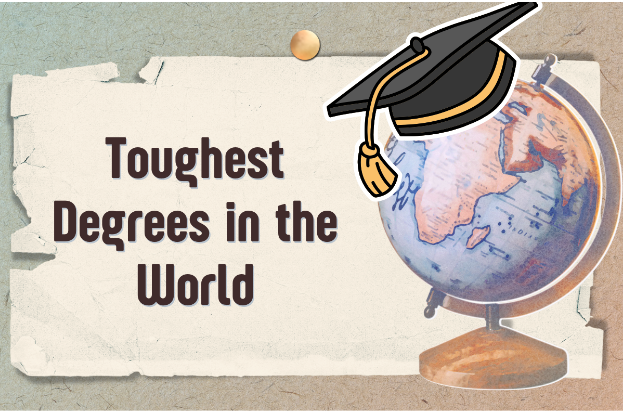
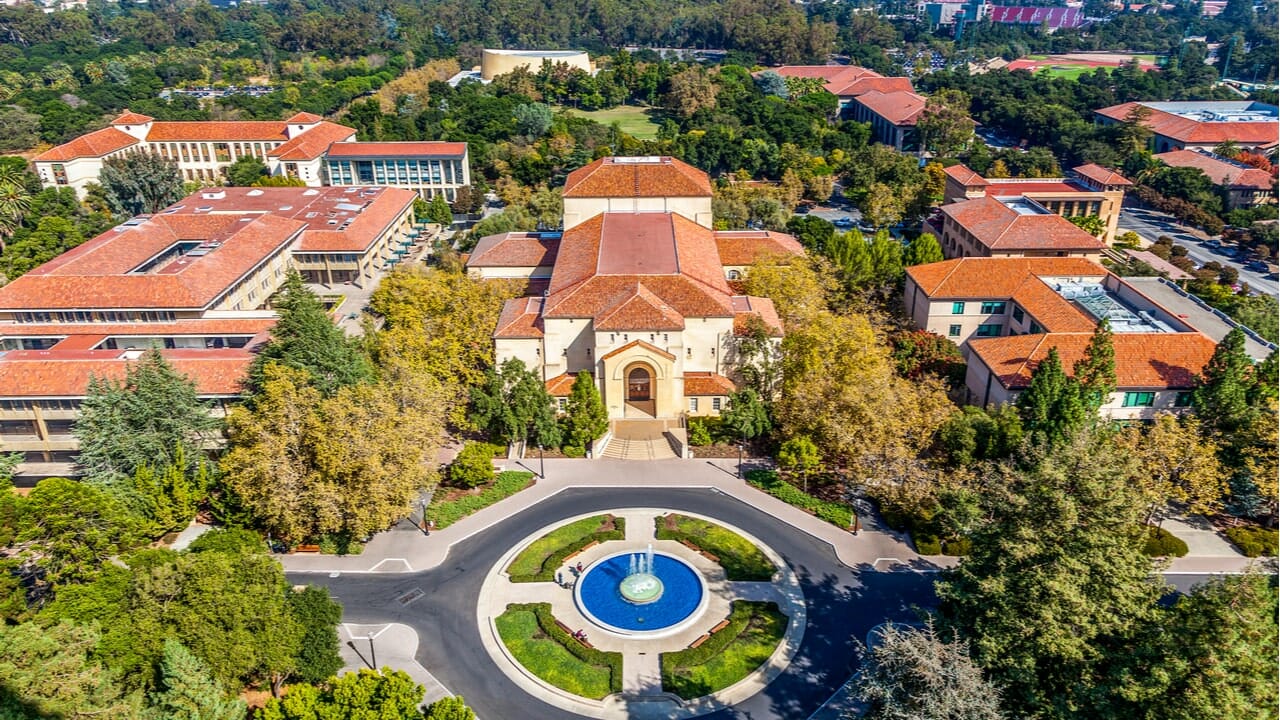
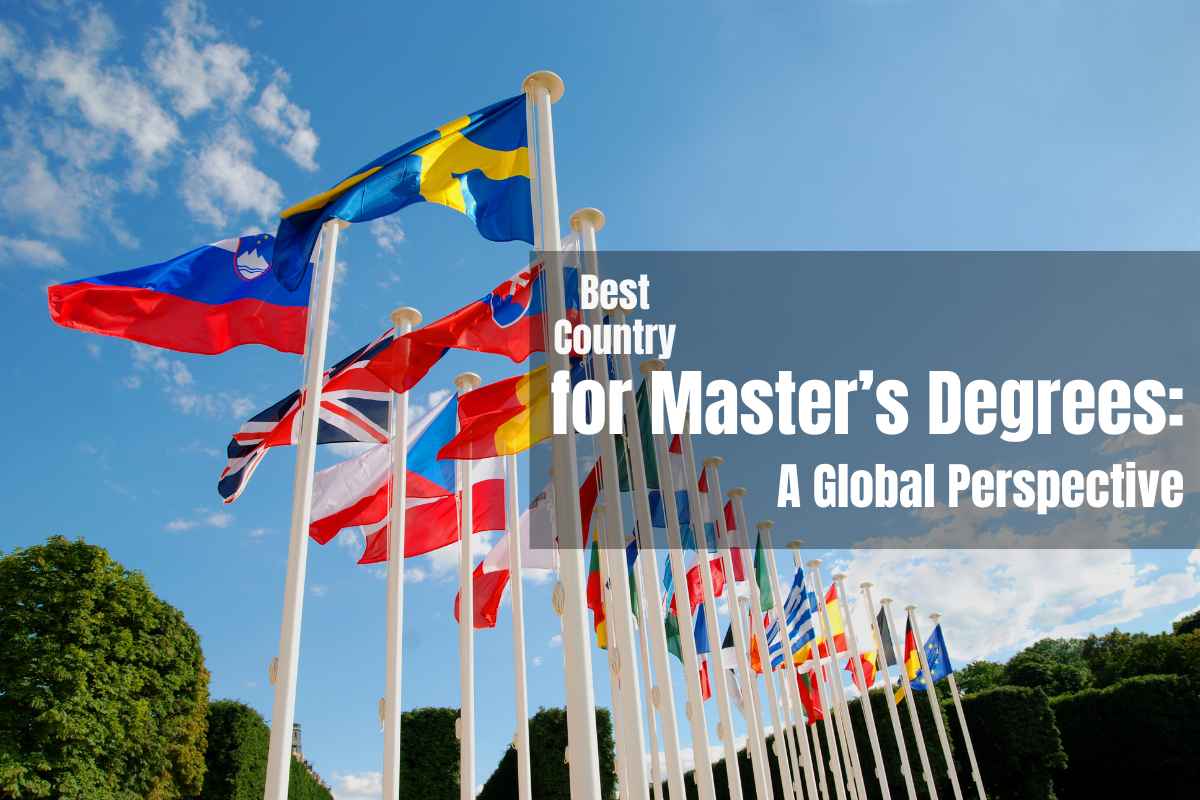
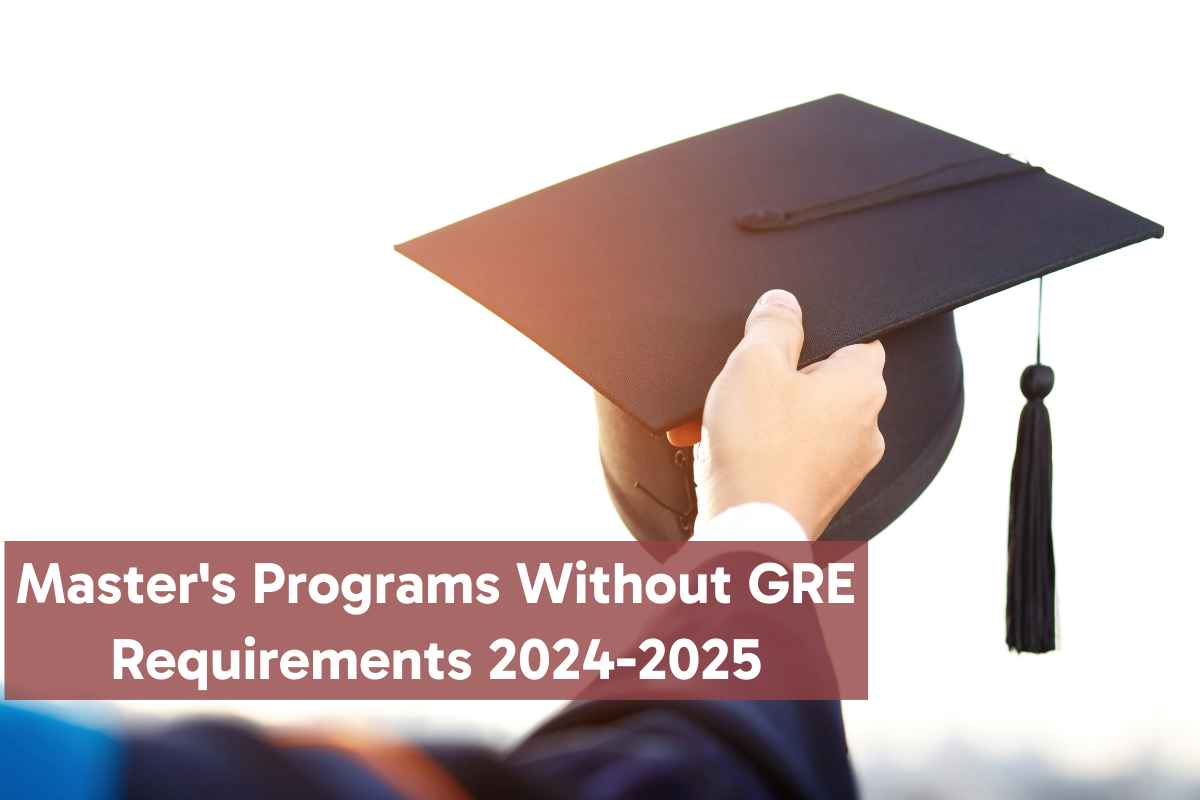


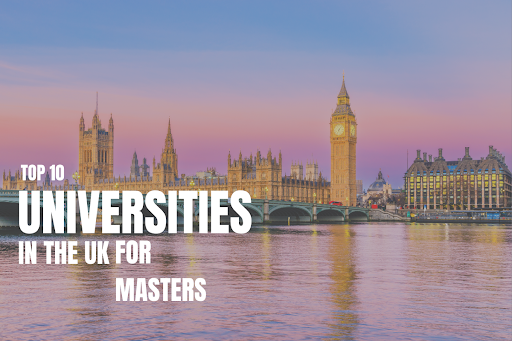
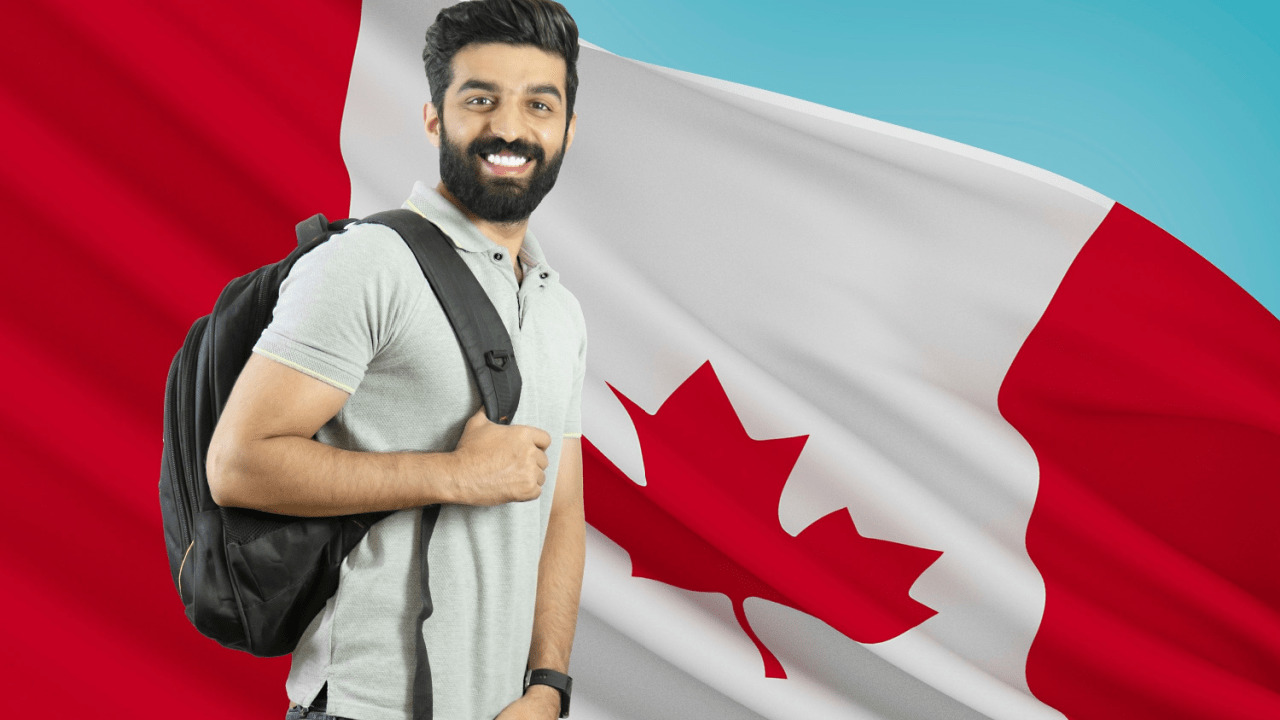



Have Questions? Get Guidance to reach your Dream University
Connect with India's finest counsellors and biggest study abroad community.
Get Guidance